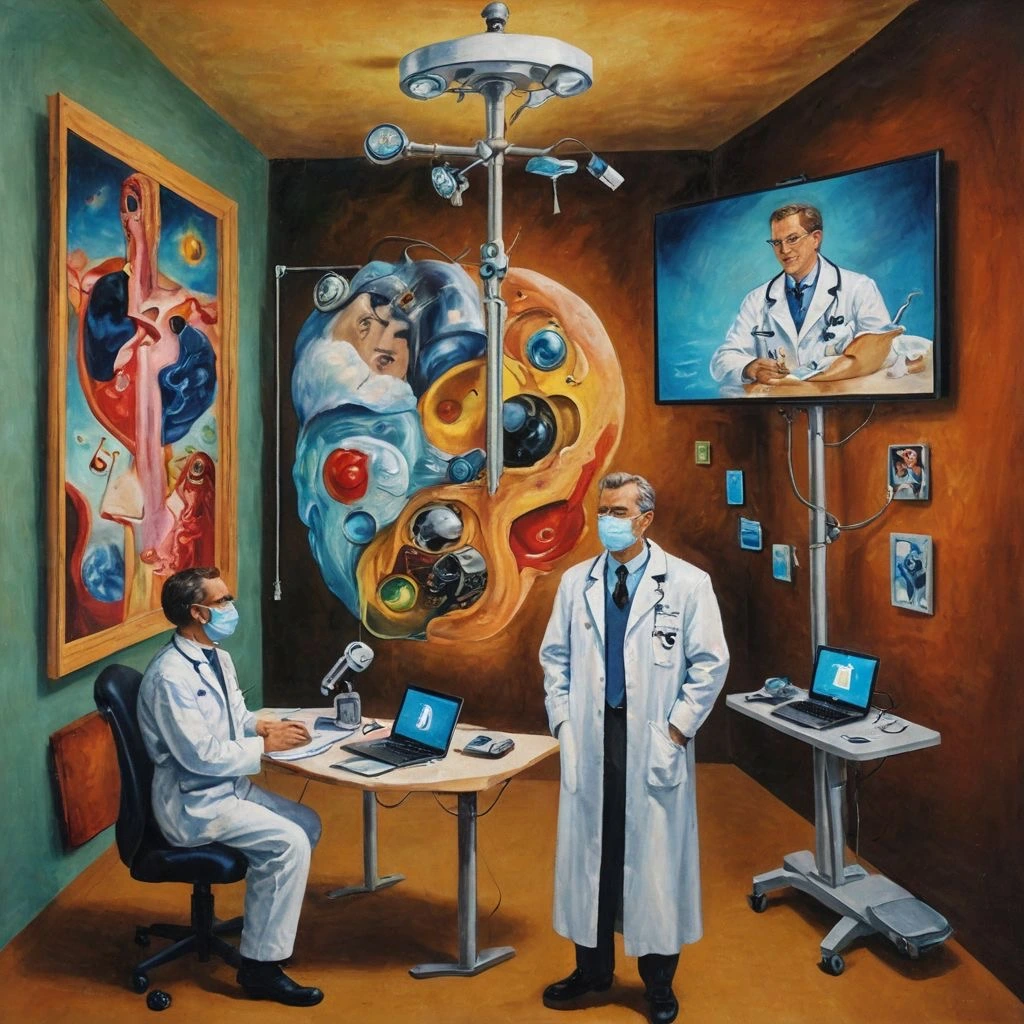In the realm of healthcare, preparation before a doctor’s visit can significantly enhance the quality of the consultation while ensuring that both the patient and the healthcare provider make the most informed decisions.

Our primary objective is to offer you a comprehensive guide on the necessary steps to take prior to a doctor’s appointment, as well as to delineate critical circumstances in which an in-person visit becomes indispensable.
To begin with, being well-prepared for your appointment can help streamline the process, making it more effective and focused. Here are some key preparatory steps you can take:
- Gather Medical History: Compile a detailed record of your medical history, including any past illnesses, surgeries, and current medications. This information provides a foundation for the doctor to understand your health context and tailor their assessment accordingly.
- List Symptoms: Maintain a clear account of your symptoms, including their onset, duration, and intensity. Be specific—note anything that worsens or alleviates your condition. This careful documentation allows the physician to better diagnose your issue.
- Prepare Questions: Draft a list of questions or concerns you wish to address during your visit. Being proactive in seeking answers can lead to a more fruitful discussion and ensure that you do not forget any important points during the consultation.
- Previous Test Results: If available, bring along any previous test results or medical records that can provide insights into your current health status. These documents may expedite diagnoses and clarify your medical history.
- Consider Lifestyle Factors: Reflect on lifestyle habits that might affect your health, such as sleep patterns, diet, exercise, and stress levels. Discussing these factors can help the physician create a more holistic picture of your health.
While these preparations are beneficial, it is crucial to recognize when an in-person visit is necessary.